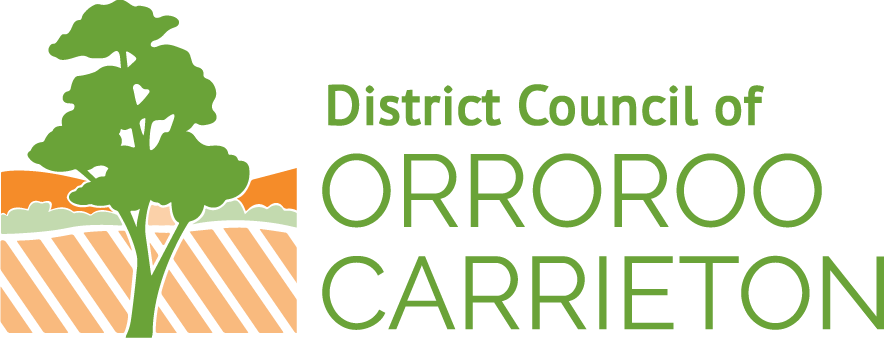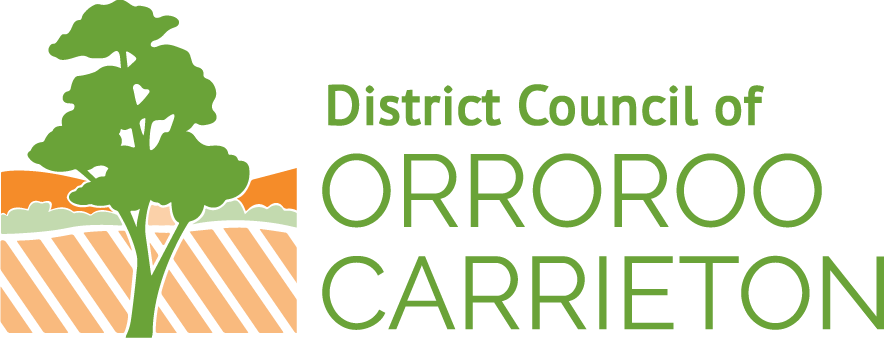Advice For Food Businesses on Coronavirus (COVID-19)


NON-ESSENTIAL GATHERINGS
To help prevent the spread of COVID-19, the Australian Health Protection Principal Committee is placing limits on organised gatherings and visits to vulnerable groups.
Non-essential gatherings are suspended for an initial 4 weeks to reduce the risk of spreading coronavirus (COVID-19) and to give both businesses and people time to fully understand social distancing requirements.
The following facilities are restricted from opening from midday local time 23 March 2020:
· pubs, registered and licensed clubs (excluding bottle shops attached to these venues), hotels (excluding accommodation)
· gyms and indoor sporting venues
· cinemas, entertainment venues, casinos and night clubs
· restaurants and cafes will be restricted to takeaway and/or home delivery
THESE MEASURES ALSO APPLY TO OUTDOOR SPACES ASSOCIATED WITH THE ABOVE VENUES.
Key messages
- Everyone should practice good hygiene when preparing and handling food.
- Practice good hand hygiene – wash your hands frequently with soap and water for 20 seconds.
- Good manufacturing practices – clean and sanitize food preparation surfaces.
- There is currently no evidence that COVID-19 is spread through food.
- Normal cleaning and sanitation measures will minimize the risk in a food service.
- Pubs, Restaurants & Cafes – takeaway & home deliveries only (no indoor or outdoor dining)
How is COVID-19 spread?
Human coronaviruses are spread from someone infected with COVID-19 virus to other close contacts with that person through contaminated droplets spread by coughing or sneezing, or by contact with contaminated hands, surfaces or objects.
How is it prevented?
- Clean your hands frequently with soap and water for 20 seconds, or an alcohol-based hand rub.
- Cover your nose and mouth when coughing and sneezing with tissue or a flexed elbow
- Avoid close contact with anyone with cold or flu-like symptoms.
- Practice cough etiquette (keep away from other people, cover coughs and sneezes with disposable tissues or clothing, and clean your hands.
Can it be spread by foodborne transmission?
There is currently no evidence that food is a likely source or route of transmission of the virus. Experiences from previous outbreaks of related coronaviruses, such as severe acute respiratory syndrome coronavirus (SARS-CoV) and Middle East respiratory syndrome coronavirus (MERS-CoV) show that transmission through food consumption did not occur. At the moment, there is currently no evidence to suggest that coronavirus is any different in this respect.
How long does COVID-19 last on surfaces?
According to the World Health Organization, it is not certain how long the virus that causes COVID-19 survives on surfaces, but it seems to behave like other coronaviruses. Studies suggest that coronaviruses (including preliminary information on the COVID-19 virus) may persist on surfaces for a few hours or up to several days. This may vary under different conditions (e.g. type of surface, temperature or humidity of the environment).
If you think a surface may be contaminated, clean it with a common household disinfectant to kill the virus and protect yourself and others. Clean your hands with an alcohol-based hand rub or wash them with soap and water. Avoid touching your eyes, mouth, or nose.
Should food businesses use disposables instead?
There is currently no evidence to suggest there is any benefit in switching to disposables. It is important that the measures we take to minimise transmission are effective. The most effective measures you can take are practising good hand hygiene and cleaning, with particular focus on shared frequently touched surfaces.
Can coronavirus survive on crockery and cutlery?
While we are still finding out about the characteristics of the novel coronavirus (SARS-CoV-2), we do know quite a bit about other related coronaviruses, which are likely to be similar in terms of susceptibility to inactivation.
Coronaviruses are enveloped viruses. The envelope surrounds the entire virus and without an intact envelope, the virus loses its infectivity (ability to infect a cell).
The envelope is a relatively delicate structure and makes the virus more susceptible to degradation in the environment. Due to the delicate nature of the viral envelope, coronaviruses are relatively sensitive to both heat and detergents (including soap).
For this reason, normal washing of dishes in hot water (or better still, a dishwasher) using detergent is likely to completely inactivate any coronavirus present.
What should a food business do to protect against coronavirus?
All business as usual information about food safety is relevant and protective. Food businesses can continue to practice good food handling hygiene. A food handler should already wash their hands:
- before starting work
- before handling cooked or ready-to-eat food
- after handling or preparing raw food
- after handling waste
- after cleaning duties
- after using the toilet
- after blowing nose, sneezing or coughing
- after eating drinking or smoking
- after handling money
Be aware of how used dishes are collected from a table. Minimising the risk of cross contamination by avoiding touching areas that have been in direct contact with the customer or food.
More frequent cleaning of shared surfaces, this could include door handles (front door, fridge/freezers, toilets/bathrooms), tables and chairs (arm rests or areas used to pull out the chair) salt and pepper shakers, sugar bowls, communal cutlery containers, eftpos keypad.
For you to provide home delivery services from your business you will, need to ensure that you comply with all the requirements of the Australia New Zealand Food Safety Code sections 3.2.2 and 3.2.3, including requirements such as packaging used for takeaway and temperature control during delivery, and to minimi9se customer contact at the point of delivery.
